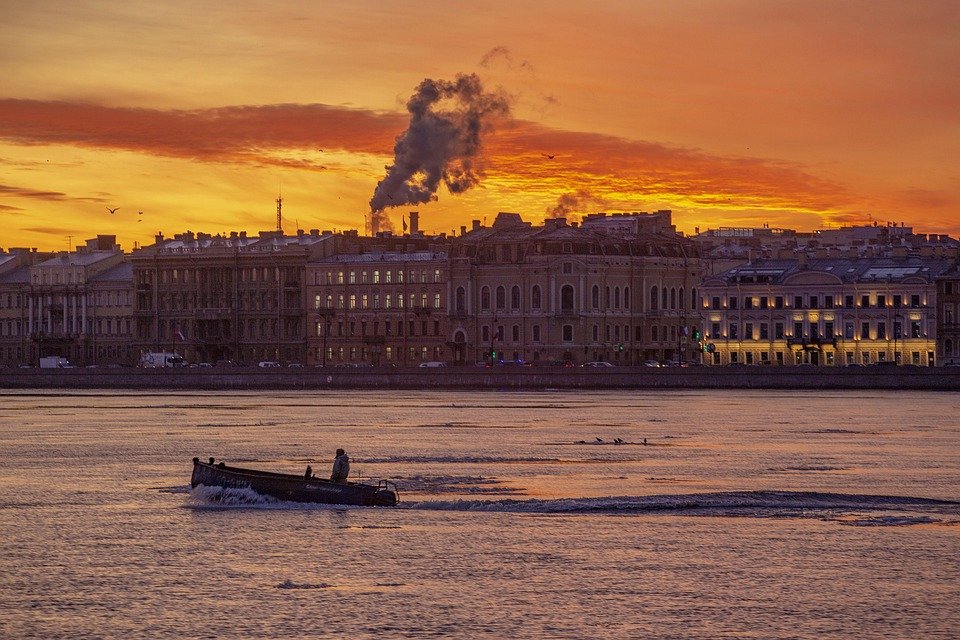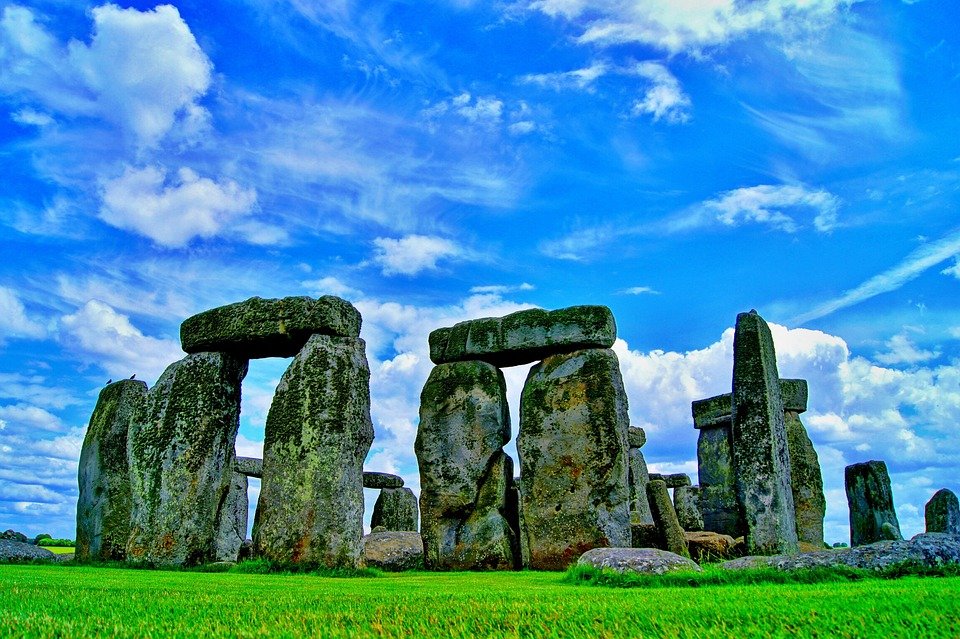

On this day: April 2
1776: The American Revolutionary War
On April 2, 1776, the American Revolutionary War continued to rage on as General George Washington forced the British to evacuate Boston. This victory for the American forces was a significant turning point in the war, boosting morale and showing the world that the colonies were a force to be reckoned with.
1801: The Treaty of Florence
The Treaty of Florence was signed on April 2, 1801, between France and the Kingdom of Portugal. This treaty solidified the alliance between the two countries and marked a significant moment in European diplomacy during the Napoleonic Wars.
1865: The Siege of Petersburg Ends
The Siege of Petersburg, a crucial battle during the American Civil War, came to an end on April 2, 1865. Union forces, led by General Ulysses S. Grant, finally broke through Confederate defenses, leading to the fall of Petersburg and ultimately the surrender of Confederate General Robert E. Lee a few days later.
1917: President Woodrow Wilson Asks Congress for a Declaration of War
On April 2, 1917, President Woodrow Wilson addressed Congress and requested a declaration of war against Germany, marking the United States’ entry into World War I. Wilson cited Germany’s unrestricted submarine warfare and the Zimmermann Telegram as reasons for the declaration of war.
1956: The United States Senate Approves Interstate Highways Act
On April 2, 1956, the United States Senate approved the Interstate Highways Act, also known as the National Interstate and Defense Highways Act. This legislation provided funding for the construction of the Interstate Highway System, a network of highways that connected cities and regions across the country.
1982: Argentina Invades the Falkland Islands
On April 2, 1982, Argentina invaded the Falkland Islands, a British overseas territory in the South Atlantic. This act of aggression led to the Falklands War between Argentina and the United Kingdom, which resulted in the eventual defeat of Argentina and the restoration of British control over the islands.
1992: Bosnian War Begins
The Bosnian War, a brutal conflict that tore apart the former Yugoslavia, began on April 2, 1992. The war, which lasted for over three years, resulted in widespread ethnic cleansing, genocide, and the breakup of the region into several independent countries.
2005: Pope John Paul II Passes Away
Pope John Paul II, one of the most beloved and influential popes in modern history, passed away on April 2, 2005. His death marked the end of a 26-year reign as the leader of the Catholic Church, during which he traveled extensively, promoted interfaith dialogue, and played a key role in the fall of communism in Eastern Europe.







